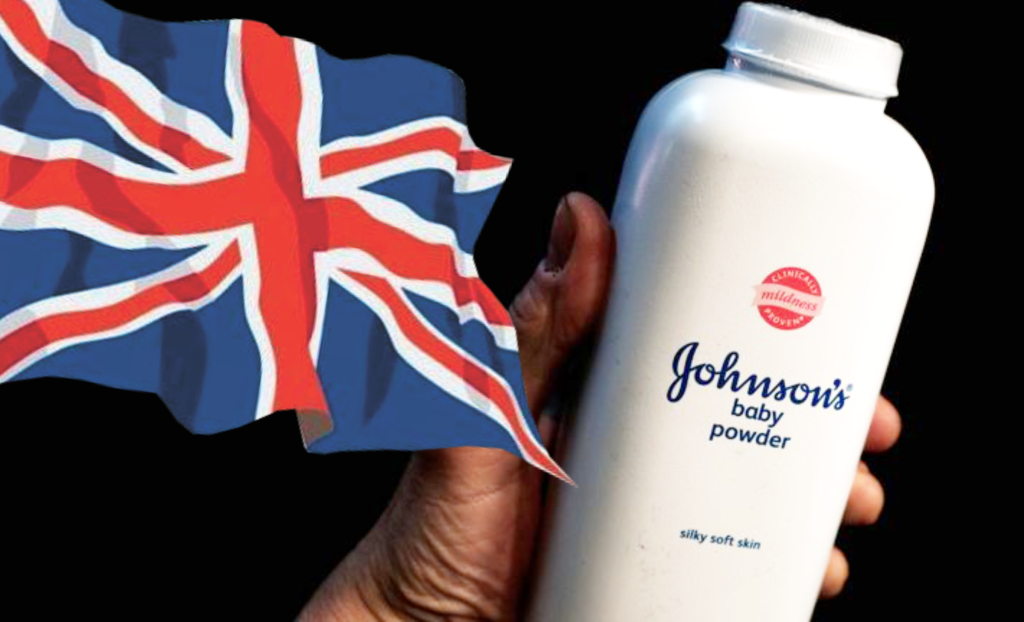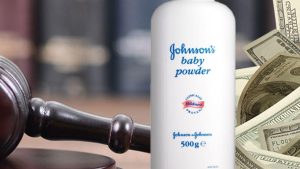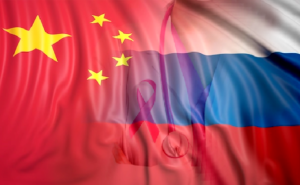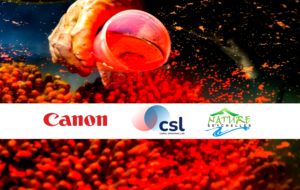Thousands in the UK Sue Johnson & Johnson over Baby Powder Cancer Claims

In a case that intertwines family trust, corporate power, and questions of public health, more than 3,000 people across the UK have launched a sweeping legal claim against American pharmaceutical giant Johnson & Johnson. At the heart of the lawsuit are allegations that one of the world’s most familiar household products J&J’s talcum baby powder was contaminated with asbestos, a known carcinogen.
The claimants, many of them women who say they developed ovarian cancer or mesothelioma after years of use, accuse J&J of knowingly selling a dangerous product while maintaining its image as the epitome of purity and care. Court filings reference internal company documents dating back to the 1960s and ’70s, including a 1973 memo noting “sub-trace quantities of tremolite or actinolite” minerals classified as forms of asbestos.
According to lawyers, those documents suggest the company chose silence over transparency, opting not to warn consumers while continuing to market its baby powder as safe for infants. One internal discussion reportedly focused on how to prevent the disclosure of asbestos findings through patent filings.

Johnson & Johnson has strongly denied the allegations, insisting its talc products were “asbestos-free, safe, and fully compliant with regulations.” The company says references to contamination were taken out of context during a time when testing standards were still evolving.
The case mirrors a wave of litigation in the United States, where juries have already awarded billions of dollars in damages. Though J&J has succeeded in overturning several verdicts on appeal. The UK lawsuit could become one of the largest product liability cases in British legal history, with potential damages estimated in the hundreds of millions of pounds.
Beyond the courtroom, the controversy touches on extensive societal themes; how trust in family brands can collide with corporate accountability, and how women’s health concerns often take years to be fully recognized. Internal emails from 2008 reveal employees debating whether baby powder was even appropriate for infants, though J&J says those exchanges related to asphyxiation risks, not cancer.
The company ended sales of talc-based baby powder in the UK in 2023, part of a global phase-out in favor of a cornstarch-based alternative. For families who once saw the familiar white bottle as a symbol of care, the case has become a painful reminder that even the most trusted products can hide uncomfortable truths.
If successful, the lawsuit could redefine corporate responsibility in the cosmetics and personal care industries, forcing a reckoning over what companies knew, when they knew it, and how much consumers deserve to be told.








